Simple Habits That Can Prevent Tooth Loss After 40
As we age, maintaining dental health becomes increasingly crucial, particularly after the age of forty when the risk of tooth loss escalates. This article delves into the importance of adopting everyday habits that can help preserve your teeth and prevent the onset of oral health issues. Tooth loss can significantly impact one's quality of life, affecting everything from nutrition to self-esteem. Understanding the factors that contribute to tooth loss and implementing preventive measures can make a substantial difference. This guide will explore 11 practical habits that can gently guard against tooth loss, ensuring your smile remains healthy and vibrant well into your later years.
1. Prioritize Regular Dental Check-Ups
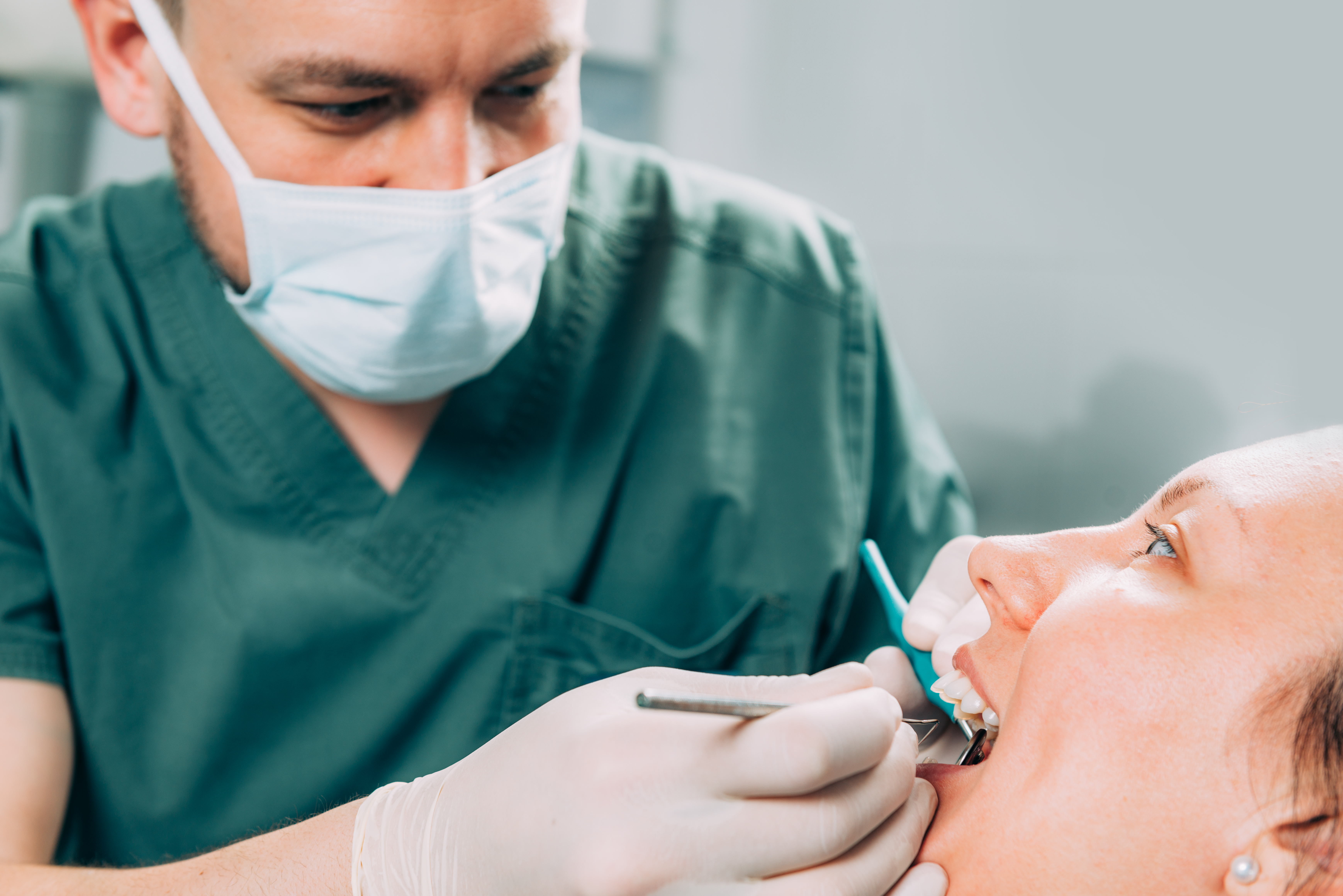
One of the most effective ways to prevent tooth loss is to schedule regular dental check-ups. After forty, your teeth and gums require more attention due to increased susceptibility to conditions like gum disease and tooth decay. Dentists can detect early signs of potential issues and provide timely interventions before they escalate into major problems. Regular appointments also allow for professional cleanings, which remove plaque and tartar that daily brushing might miss. By making dental visits a priority, you create a proactive approach to your oral health, ensuring that any problems are addressed promptly and professionally.
2. Master the Art of Proper Brushing Techniques

Brushing your teeth may seem straightforward, but mastering the correct technique is crucial for effective oral hygiene. As you age, it becomes even more important to brush at least twice a day using a soft-bristled toothbrush. The technique matters; ensure you are holding the brush at a 45-degree angle to your gums and using gentle, circular motions. Avoid brushing too hard, as this can damage the enamel and irritate the gums, potentially leading to gum recession and tooth sensitivity. Proper brushing helps remove plaque and bacteria, reducing the risk of cavities and gum disease, which are leading causes of tooth loss.
3. Embrace Flossing as a Daily Ritual
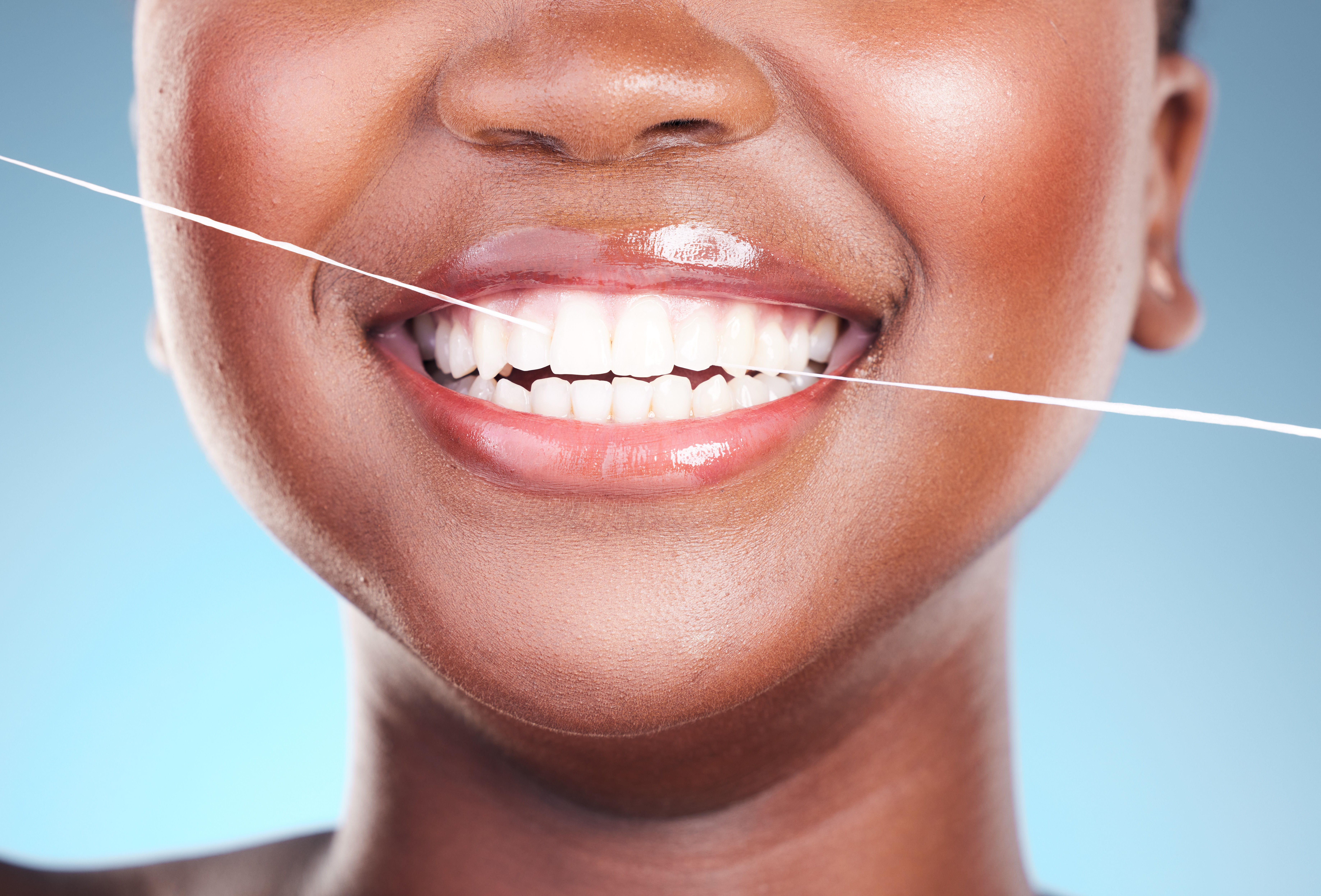
Flossing is often overlooked, yet it plays a vital role in preventing tooth loss, especially as we age. Flossing removes food particles and plaque from between the teeth and below the gum line, areas that a toothbrush cannot reach. This helps prevent the formation of cavities and the onset of gum disease, both of which can lead to tooth loss if left unchecked. Make flossing a daily ritual, ideally before bedtime, to ensure that your mouth is clean and free from harmful bacteria overnight. Embracing this habit can significantly improve your oral health and protect your teeth for years to come.
4. Adopt a Tooth-Friendly Diet

What you eat has a direct impact on your dental health. A diet rich in calcium, phosphorous, and vitamin D supports strong teeth and bones, while foods high in sugar and acid can contribute to tooth decay. After forty, it’s essential to adopt a tooth-friendly diet that includes plenty of fruits, vegetables, lean proteins, and dairy products. These foods provide the necessary nutrients to maintain healthy teeth and gums. Limiting sugary snacks and beverages can also reduce the risk of cavities and enamel erosion. By making mindful dietary choices, you support your overall health and protect against tooth loss.
5. Stay Hydrated with Water

Water is not only essential for overall health but also plays a crucial role in maintaining oral hygiene. Drinking water helps wash away food particles and bacteria, reducing the risk of tooth decay and gum disease. It also stimulates saliva production, which is vital for neutralizing acids produced by bacteria in the mouth. After forty, staying hydrated becomes even more important as saliva production may decrease with age. Make it a habit to drink plenty of water throughout the day, especially after meals, to help keep your mouth clean and your teeth well protected from potential harm.
6. Avoid Tobacco and Limit Alcohol
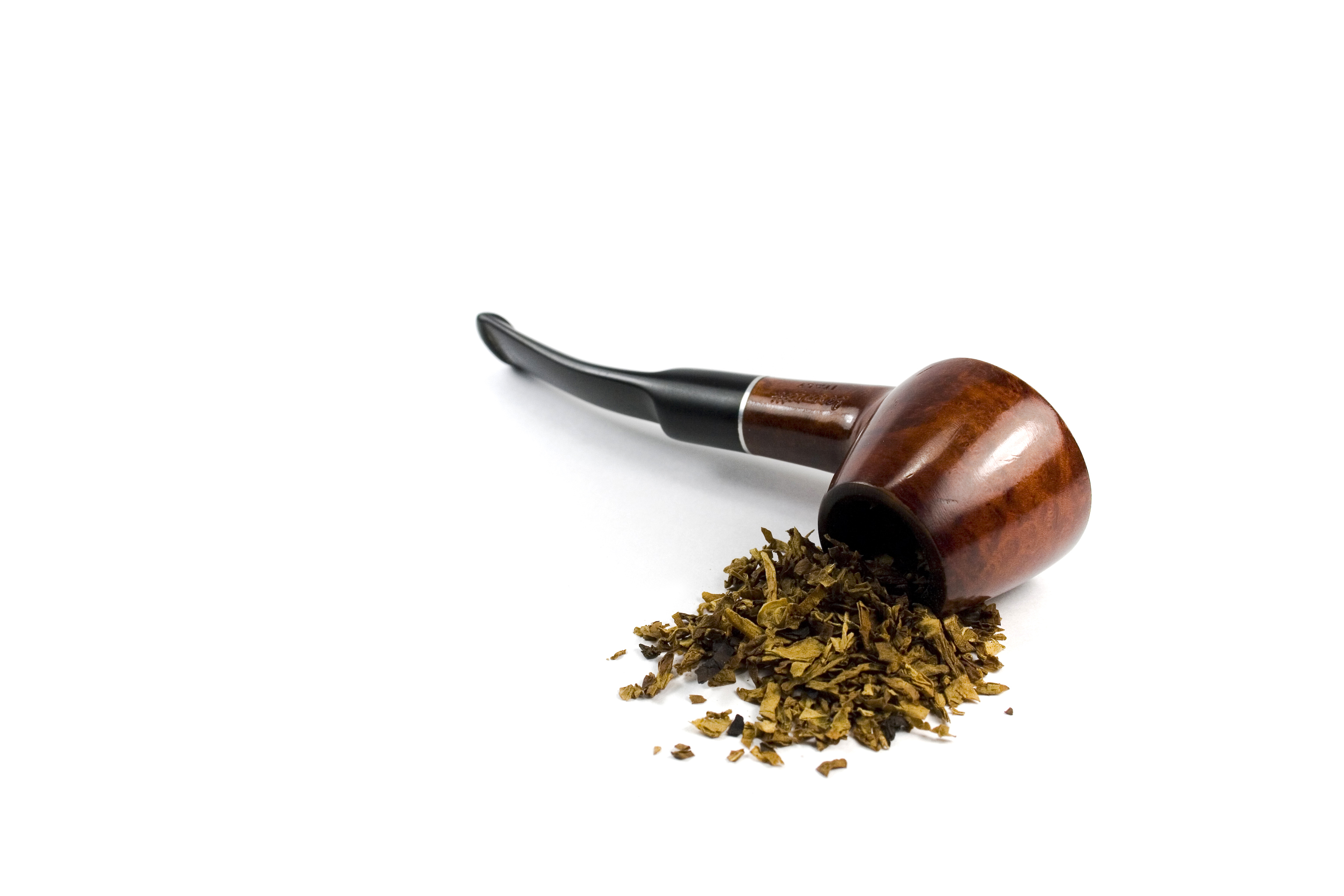
Tobacco use and excessive alcohol consumption are significant risk factors for tooth loss. Smoking can lead to gum disease by reducing blood flow to the gums and impairing the healing process. It also increases the risk of oral cancers, which can severely impact dental health. Similarly, alcohol can contribute to dry mouth and increase the likelihood of cavities and gum disease. After forty, it’s crucial to avoid tobacco and limit alcohol intake to protect your teeth and gums. By making these lifestyle changes, you reduce the risk of oral health issues and promote a healthier, longer-lasting smile.
7. Manage Stress for Better Oral Health

Stress can have a profound impact on oral health, often leading to habits like teeth grinding (bruxism) and jaw clenching, which can cause tooth wear and damage. After forty, managing stress becomes essential to prevent these habits from affecting your dental health. Incorporate stress-reduction techniques such as meditation, yoga, or deep breathing exercises into your daily routine. By effectively managing stress, you not only improve your overall well-being but also protect your teeth from unnecessary wear and potential loss. This holistic approach ensures that your mental health supports your physical health, including your oral hygiene.
8. Protect Your Teeth with a Night Guard
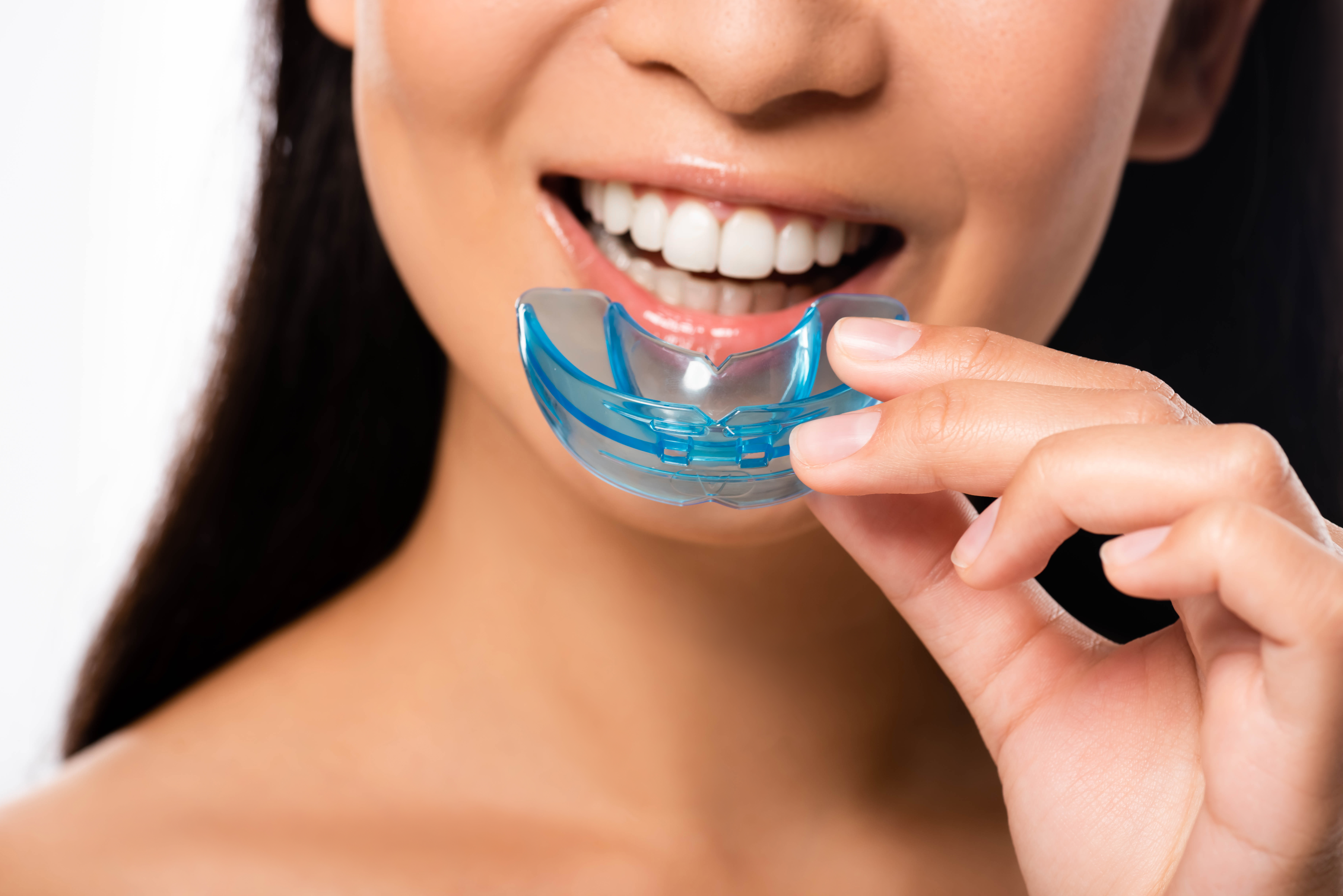
If you are prone to grinding your teeth at night, also known as bruxism, a night guard can be an invaluable tool in preventing tooth damage and loss. Bruxism is common in adults over forty and can lead to significant wear and tear on the teeth, causing chips, fractures, and even tooth loss over time. A custom-fitted night guard from your dentist can provide a protective barrier, absorbing the impact of grinding and preventing damage. By wearing a night guard, you safeguard your teeth from the effects of bruxism, ensuring they remain intact and healthy.
9. Incorporate Antimicrobial Mouthwash
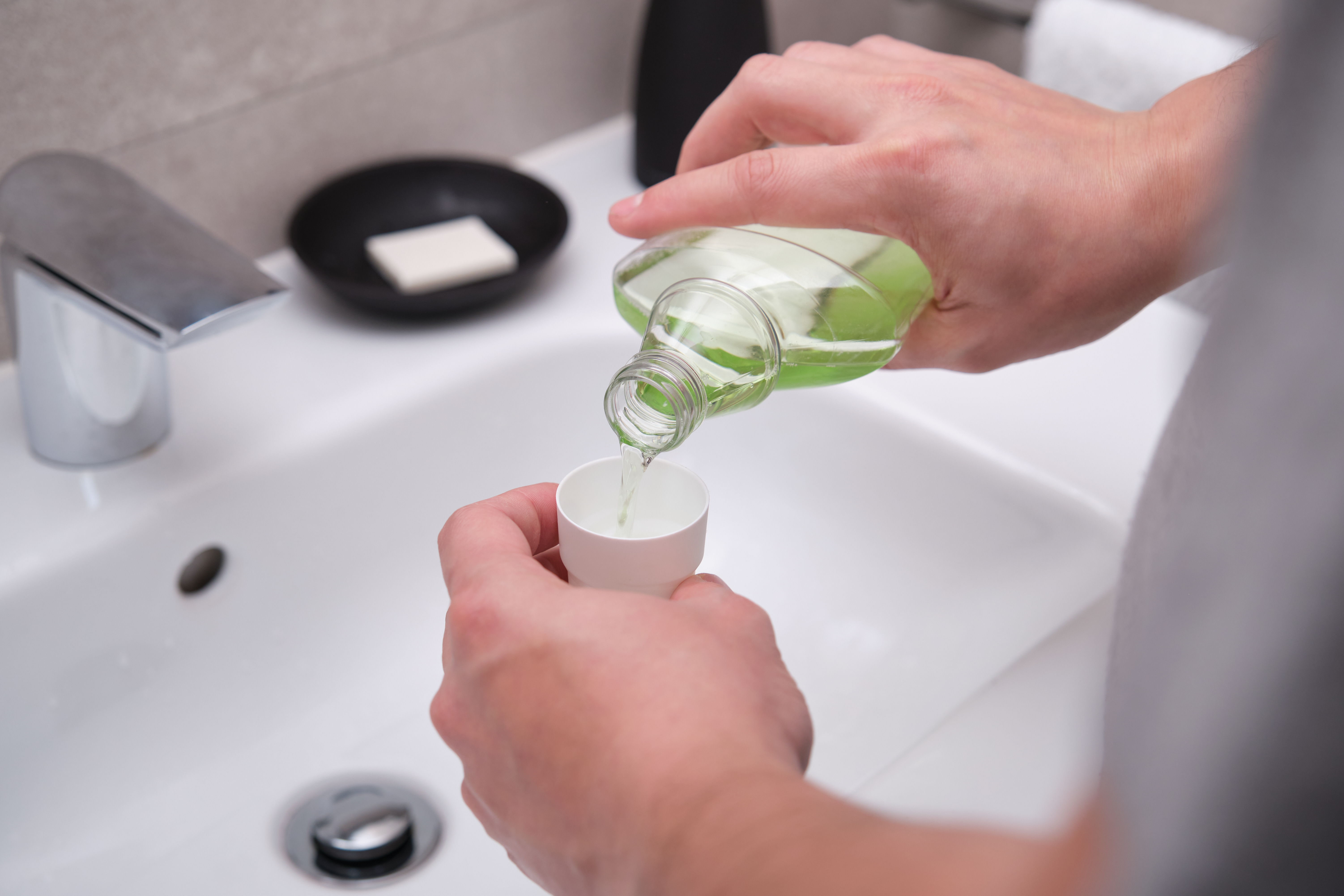
Using an antimicrobial mouthwash daily can enhance your oral hygiene routine by reducing bacteria in the mouth and lowering the risk of gum disease and tooth decay. After forty, the gums may become more susceptible to infections, making antimicrobial mouthwash an important addition to your dental care regimen. Choose a mouthwash that targets plaque and gingivitis, and use it as directed, usually after brushing and flossing. This simple habit helps maintain a healthy balance of bacteria in the mouth and complements your brushing and flossing efforts, providing an extra layer of protection against tooth loss.
10. Monitor and Address Dental Sensitivity
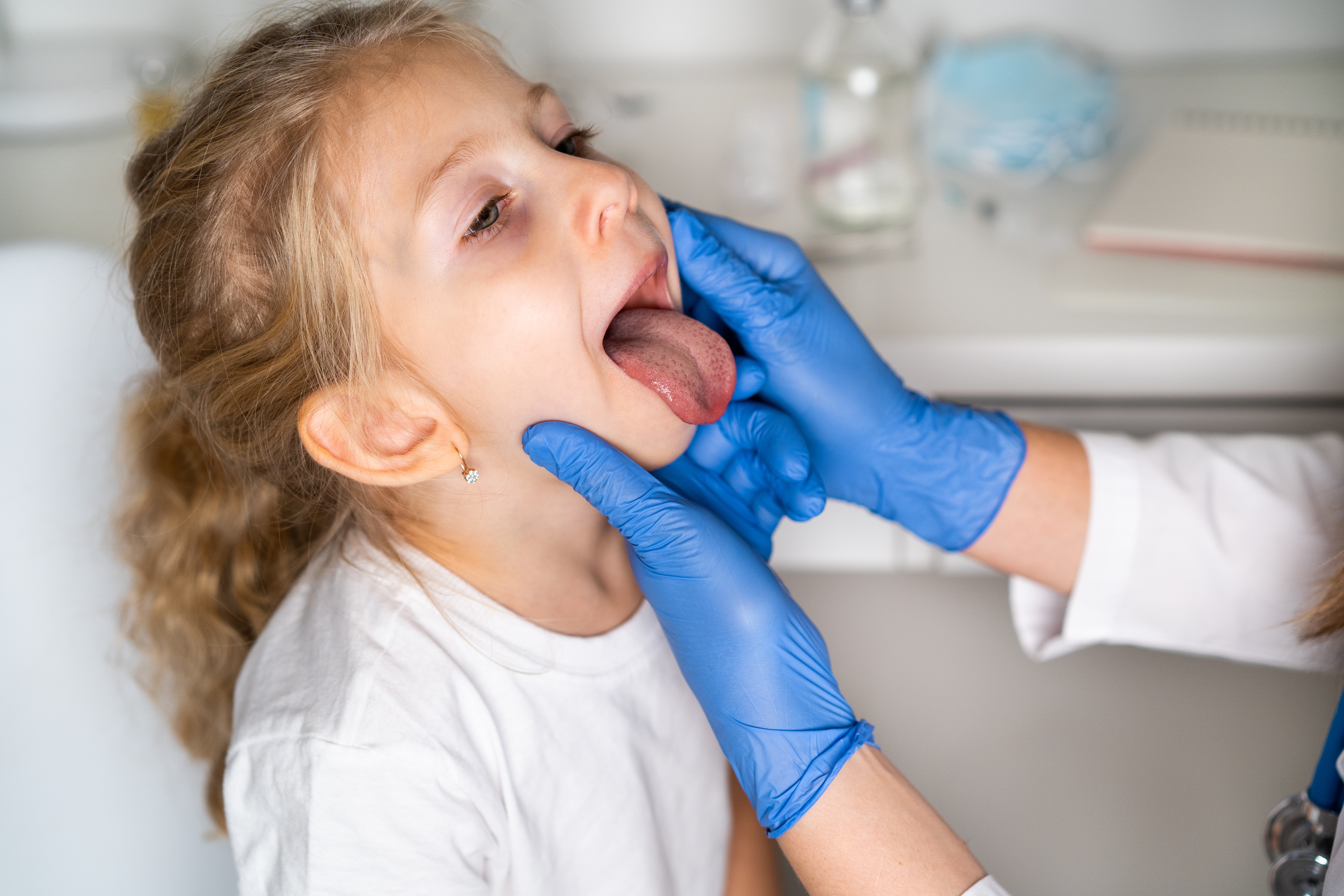
Dental sensitivity can be an early warning sign of potential oral health issues. As you age, it is important to monitor any changes in sensitivity and address them promptly with your dentist. Sensitivity can result from enamel erosion, gum recession, or cavities, all of which can lead to tooth loss if not treated. Use toothpaste designed for sensitive teeth and avoid overly acidic or sugary foods that may exacerbate the problem. By paying attention to dental sensitivity and seeking professional advice when needed, you can prevent minor issues from developing into more serious conditions that threaten your teeth.
11. Educate Yourself on Dental Health

Understanding the intricacies of dental health empowers you to make informed decisions regarding your oral care. After forty, take the time to educate yourself about the common dental issues that can arise with age and the best practices for prevention. This includes staying informed about the latest advancements in dental care and treatments. By being proactive and knowledgeable, you can work collaboratively with your dentist to create a personalized oral health plan that addresses your specific needs. Continuous education ensures you remain vigilant about your dental health, reducing the risk of tooth loss and promoting a lifetime of healthy smiles.
A Lifetime of Healthy Smiles

Guarding against tooth loss after forty requires a comprehensive approach that combines regular dental care, proper hygiene practices, and lifestyle adjustments. By prioritizing these 11 everyday habits, you can significantly reduce the risk of tooth loss and maintain a healthy, confident smile. Remember, dental health is an integral part of your overall well-being, and taking proactive steps now can lead to a lifetime of benefits. Embrace these habits, stay informed, and work closely with your dental care provider to ensure that your teeth remain strong and vibrant as you age.
